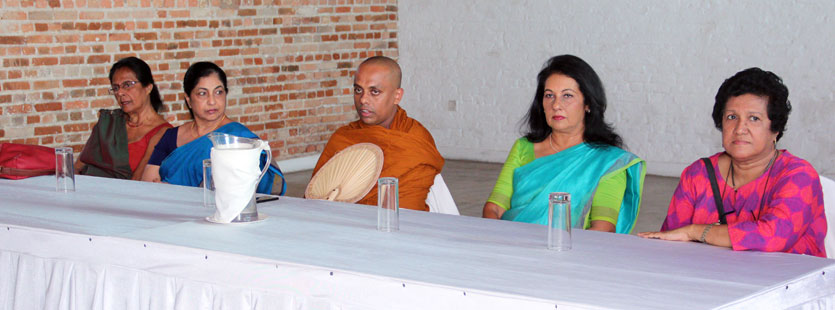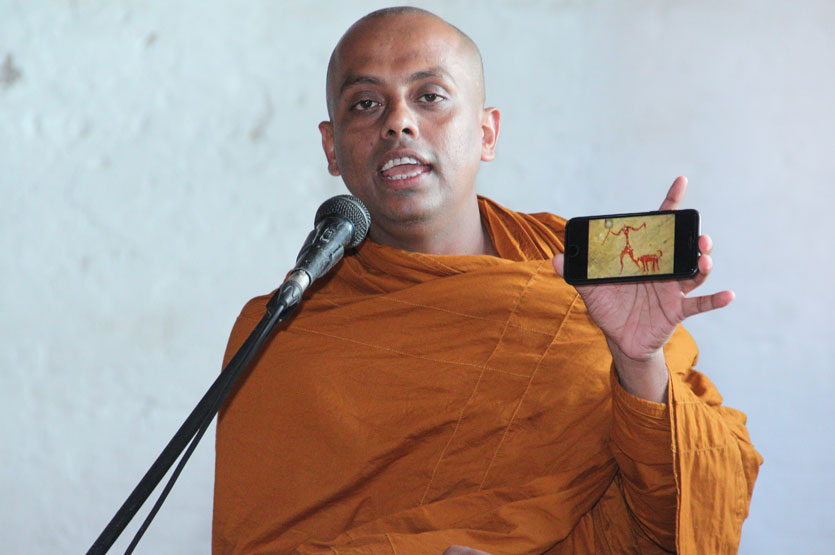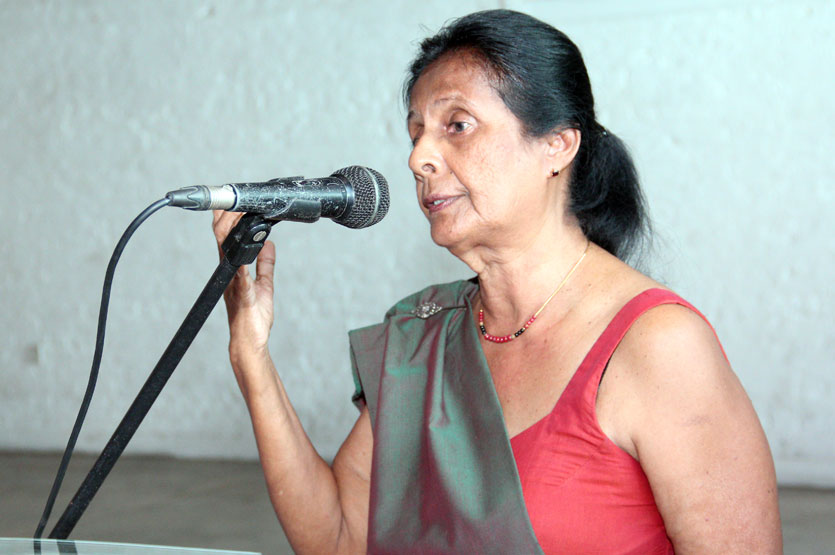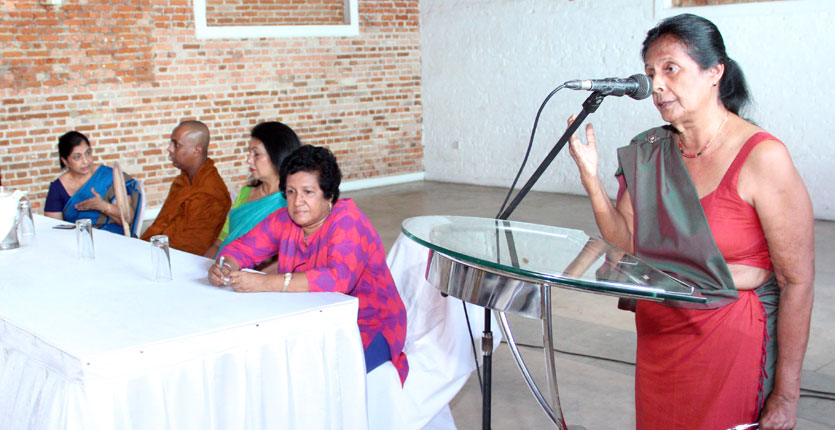Dec 22 2016.
views 592Community dogs, CNVR and animal rights activism in Sri Lanka
Coexistence of humans and animals has been a topic that has been discussed by animal rights activists in Sri Lanka during the recent past. Although much efforts have been put forth to secure animal rights, they still exist at a preliminary level. Stray dogs roaming the streets and public places in Colombo were described as a ‘menace’ for a long period of time. In order to initiate an appeal against the rounding up of already vaccinated and sterilized street and community dogs several animal rights organisations held a press conference voice out their concerns.

The Animal Welfare Trust, Rescue Animals Sri Lanka, the Animal Protection Trust and Sathva Mithra, together with Ven. Matara Ananda Sagara Thero were present at this media briefing. At this press conference it was mentioned that while this rounding up is quite an inhumane and a short-sighted approach it would also create a complete breakdown of the Catch-Neuter-Vaccinate-Release (CNVR) plan that has made significant progress.
There was also a recent cabinet approval to build shelters for all street dogs. Whilst this may seem humane - placing healthy, territorial animals that are already well adjusted to an area in a shelter will not only upset a balance being built by the CNVR programmes but will also negatively affect the welfare of the animals. Case in point is that the government-run shelter that was forced to close down in Anuradhapura, due to deplorable conditions of hygiene for animals in the shelter and the people in surrounding areas.

Speaking at the press conference, Ven. Ananda Sagara thera said that at present people only talk about human rights but we haven’t focused on animals and their communities. “Lord Buddha has never separated one section called humans but we all are living beings. There are different categories in the group and they all are one. Some people argue that it is alright if elephants or dogs face any sort of cruelty but humans shouldn’t be treated as such. According to historical evidence it has been proven that dogs and humans had had a strong bond between them. But with such evidence there is nobody to talk on behalf of them. If we be silent these animals will end up in a horrible state. We expected all beings to receive equal rights under all regimes, but we don’t see such a plan being executed. We saw how the urban development authority dumped all these dogs in Anuradhapura which was a rather chaotic situation during the previous regime. But we have to be more responsible in dealing with these animals because they too need a life. Several authorities have come together to set a few rules concerning animal welfare and I believe that it is the way forward.”

President of the Sathva Mithra group Sagarica Rajakarunanayake said that the media should have a positive perspective when addressing the issue of stray dogs. “I am sad that they describe it as a ‘menace’ and this is quite a popular phrase even among animal lovers. As mentioned by Ven. Ananda thera himself we have to understand that they too have a right to live amongst us and we too have a duty to care for them. We have pushed them enough and it’s high time that they too should be given priority. People researching into rabies mainly the WHO have great love and respect towards dogs. They speak with great love for them. But our officials look at them as a species that should be kicked off. Another problem is the issue of feeding animals which is actually a part of our culture. But our authorities have requested us to refrain from feeding animals and allow them to starve to death. That will never happen in Sri Lanka. Therefore attitudes of these authorities should change and they are not reaching anywhere towards controlling this problem because they are following the old colonial system. What this government should do right now is reform the animal welfare bill and also ensure that the authorities will follow humane procedures in treating these animals.”

When dogs are removed either through killing or relocation, other dogs simply migrate into the area to fill the ecological vacuum - this results in unvaccinated, nervous and unsterilized dogs entering an area. Killing or moving the dogs is also done at an unjustifiably high cost in comparison to other more humane, long term methods of dog population management.
If the dogs relocated are vaccinated- then by moving the dog the rabies buffer is broken leaving the community open to the spread of rabies.
If the dog relocated is unvaccinated then there is a chance that the animal relocated can be a carrier of the rabies virus.
It is also understood that, lack of street dogs, can create an increase in the rat population in congested cities, which will bring far greater threats to a developed area including an increase of rabies.
At a time when there is a global shift towards no kill policies and greater importance been shown to animal welfare and respect of sentient beings, Sri Lanka would do itself a disservice should it choose to kill or move dogs disregarding internationally accepted and proven standards and methods.
For more information or clarification please contact [email protected].
Photographs by Damith Wickramasinghe
0 Comments